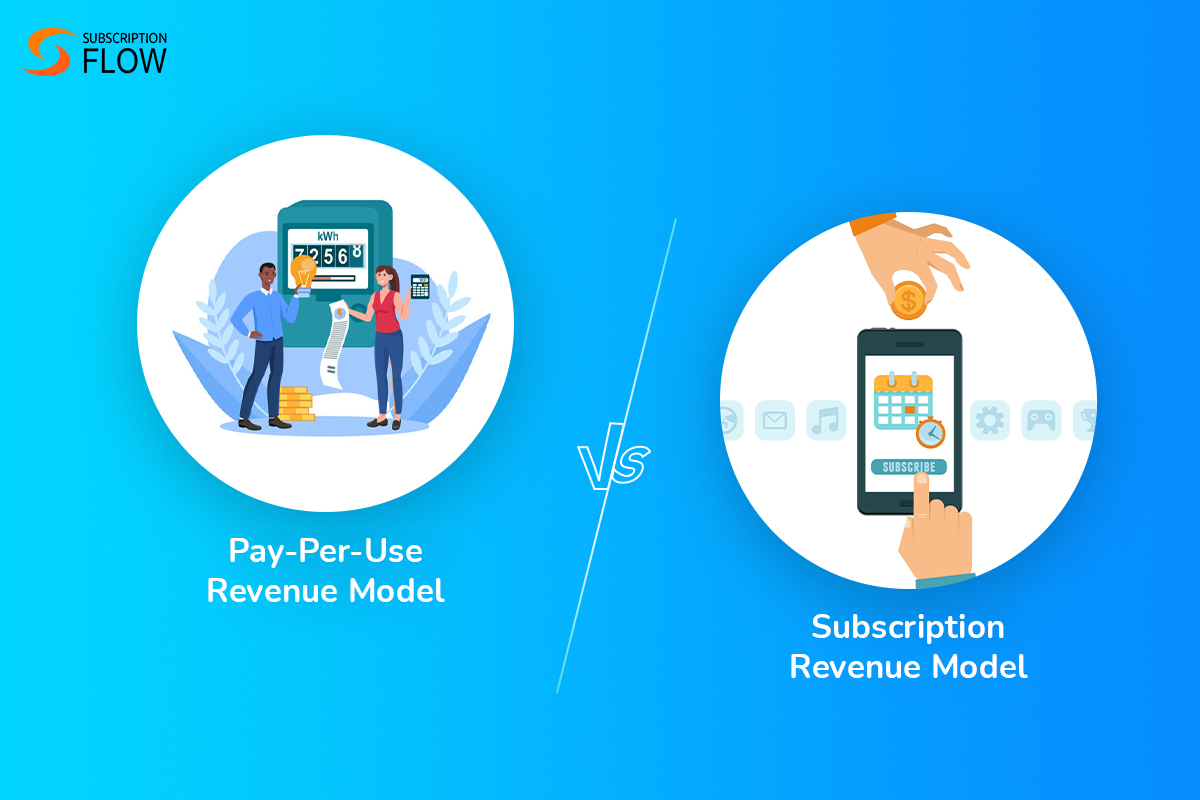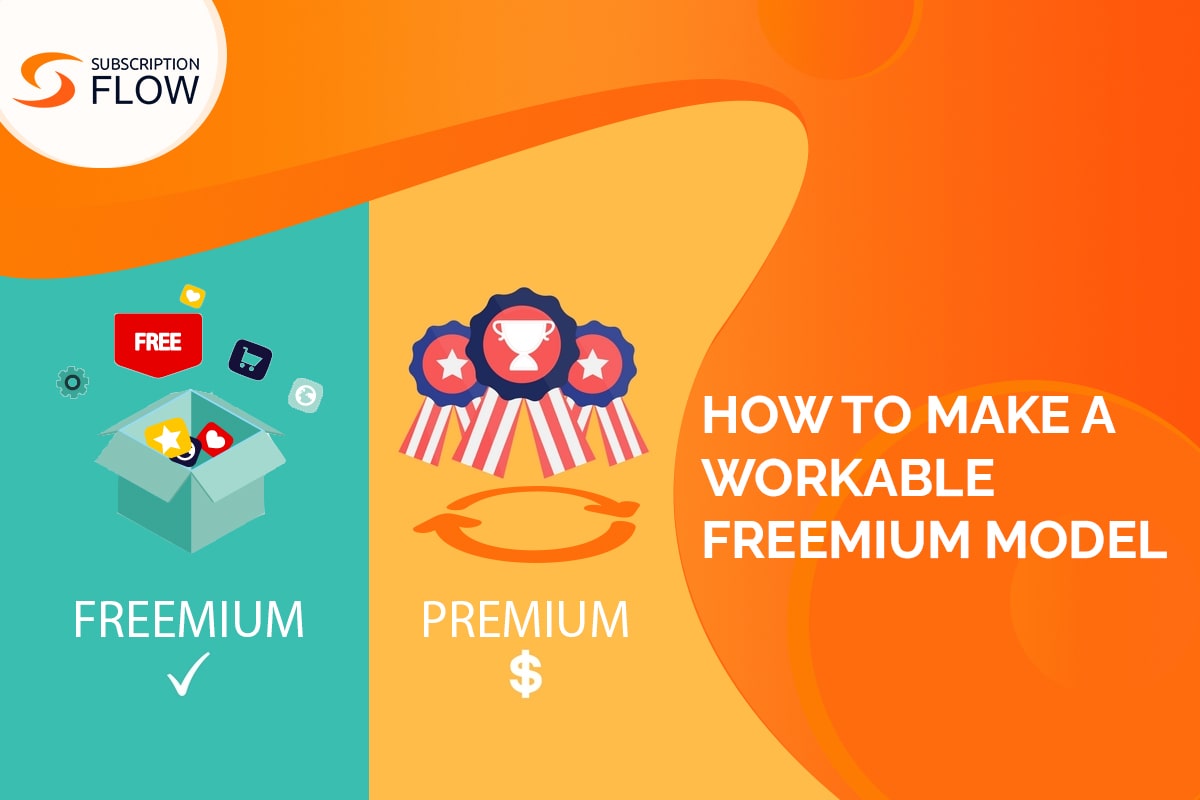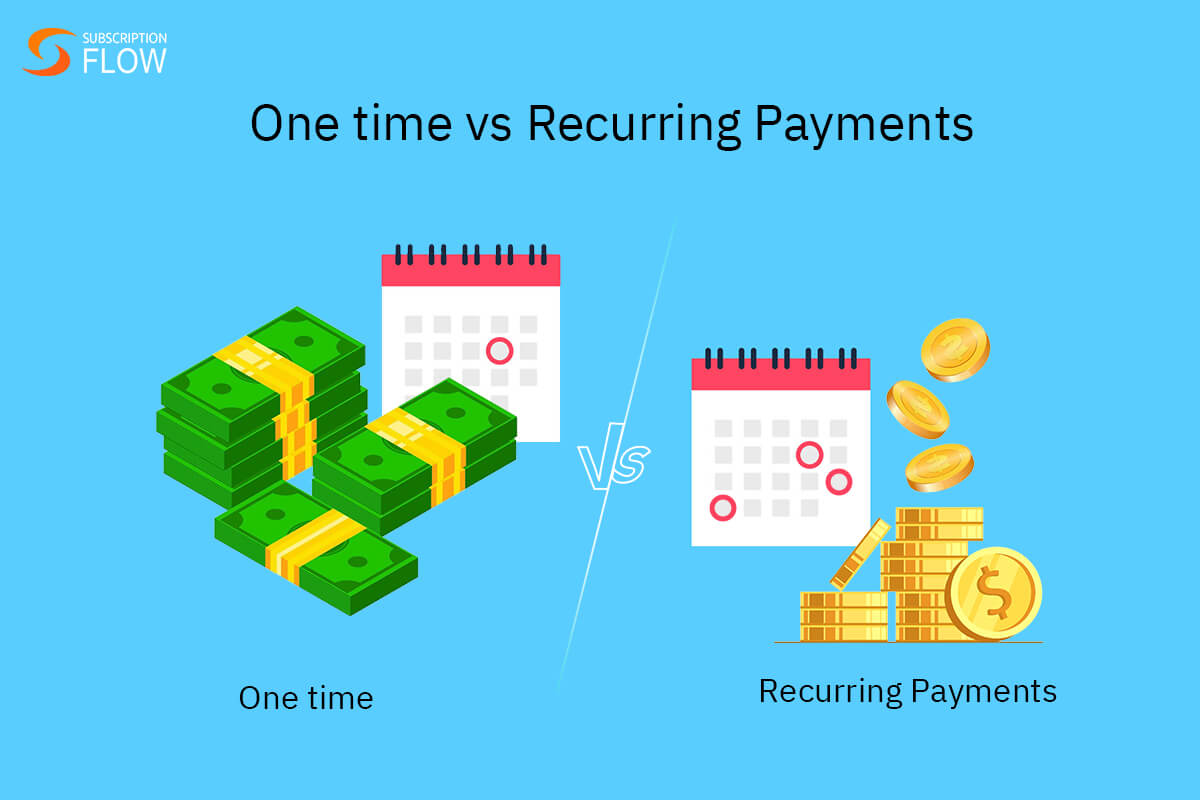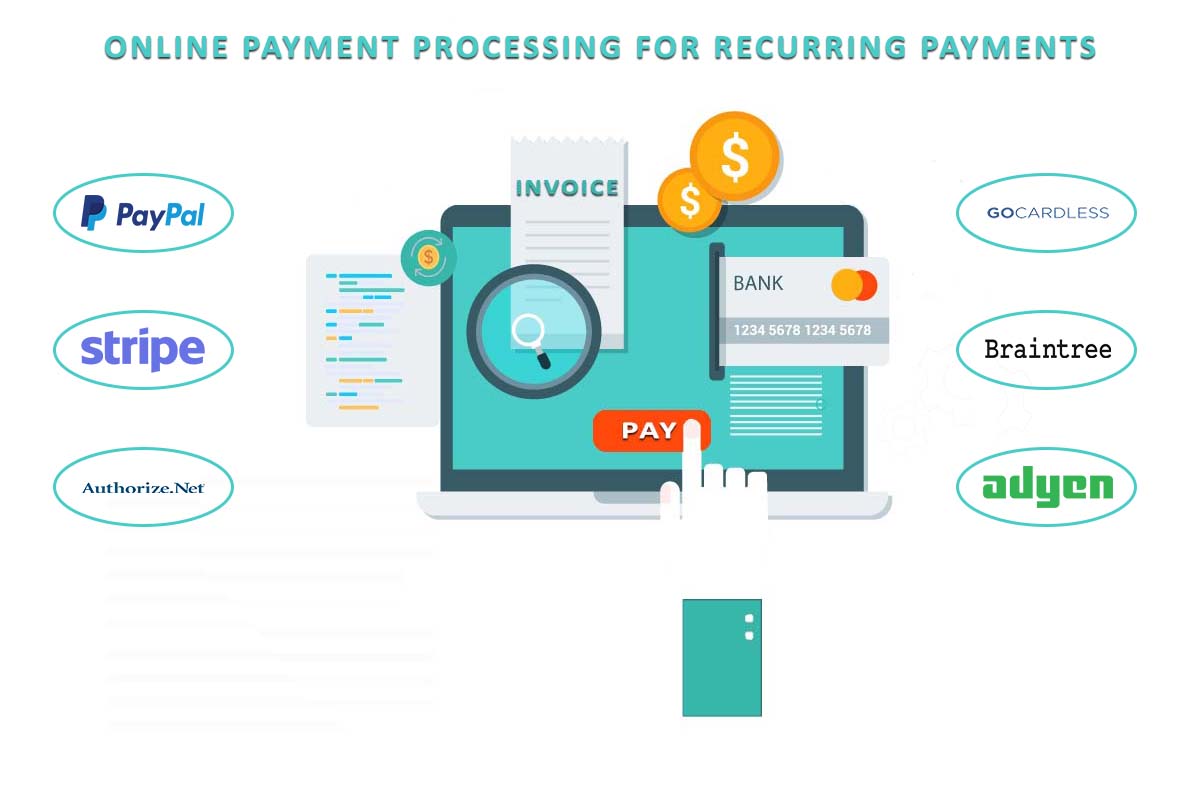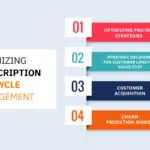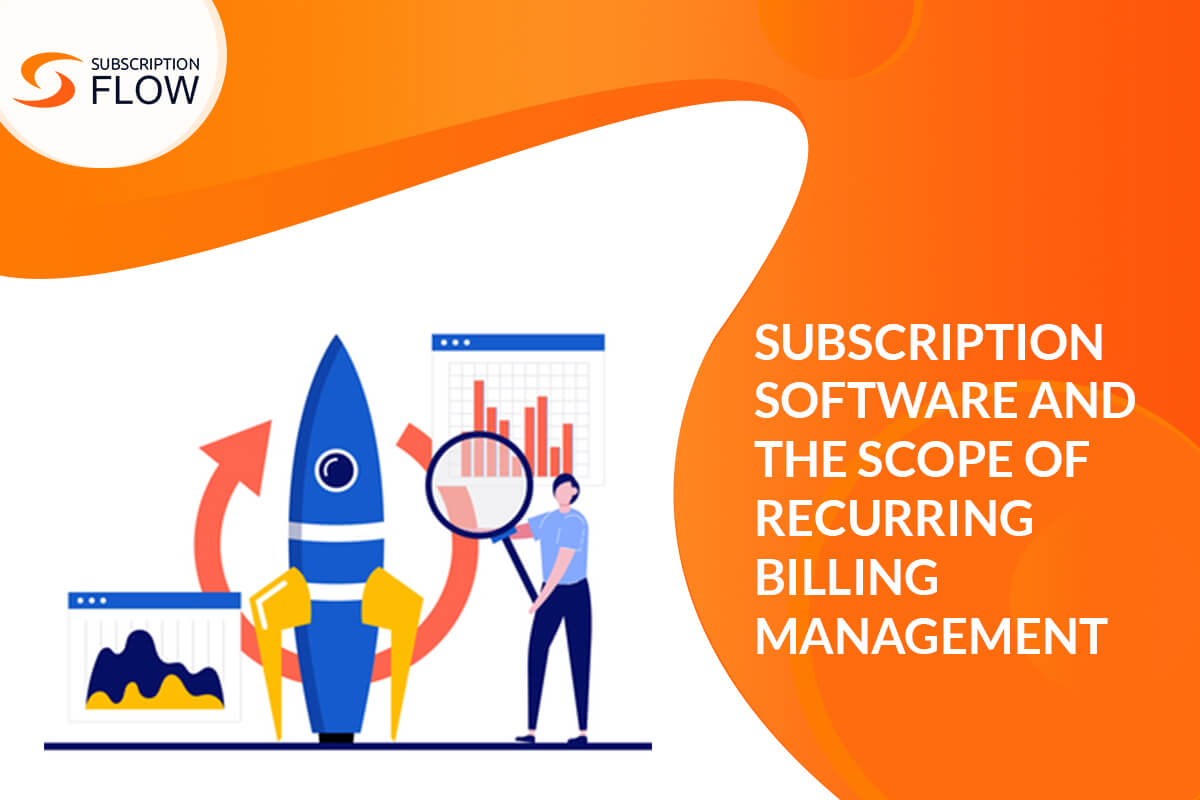
Subscription Software And The Scope Of Recurring Billing Management
The performance of the subscription business market has improved dramatically with the development of subscription management software. Today, subscription-based business companies opting for the B2B model, get subscription management services from different tech organisations.
Charles Darwin proposed in his theory that they are not the most intelligent or the strongest living begins that survive the changes in the environment rather those living beings survive that can adapt to the changes in their surroundings.
Recently, the performance of the subscription billing model in the tough times of pandemic spread has proved that it is flexible enough to survive the circumstances of an economic downturn.
How did it happen?
To know the answer to this question, you need to delve into the scope and details of the recurring billing management system and the software designed to manage subscriptions.
Role of Cloud Technology in Subscription Billing Management
Cloud computing technology is based on the cloud, and the cloud is nothing but a number of servers that can be accessed if you have internet connectivity. Every day, a huge amount of data is stored, accessed, and processed through the cloud. Modern subscription management software are cloud-based, and cloud computing technology has given new vigour to the subscription software.
The basic need of every subscription business is processing and accessing the data. Just imagine, how much data eCommerce businesses would have been processing every day. Now that eCommerce businesses are opting for subscriptions, the importance of speedy data access, processing, and storage has become twofold. So, cloud-based subscription software play role in maintaining the backup of the data, recovery of data in case of tech disasters, and business continuity.
The business agility that attracts most of the businesses to the subscription billing model is the gift of cloud technology. Retailers in the subscription business market are capable of finding a new customer base and reaching out to international subscribers is possible just because of the agility of the subscription management system.
What Are the Factors Contributing to Widening the Scope of Subscription Billing Model?
Other than cloud technology some other elements have played role in widening the scope and attracting more businesses to the subscription billing. Advanced subscription management platforms using AI algorithms, enable you to enjoy accuracy and efficiency. Retailers can increase their customer base by offering multicurrency support, multiple payment gateways, and multiple payment methods to their customers.
All such factors have contributed to improvising the concept of subscription billing, and they have diversified its dimensions so much that it is too difficult to cover all angles of the subscription billing business.
Also read: You Need A Recurring Revenue Stream to Draw Success in 2021 And Onwards
Traditional Businesses Coming to Subscriptions
When you think of the scope of the subscription business in the modern world, there is no defined scale that you can use to define its boundaries. However, you will have a fair idea of its scope if you have a cursory glance at the traditional businesses that are turning to subscriptions. Everyone knows the billing method for magazines, newspapers, and educational institutions has always been subscriptions. However, subscription billing management software has rejuvenated this business model.
For instance, magazines like New York Times offer gift subscriptions etc. These traditional businesses moved to the improvised version of the subscription business model because it allows offering customers multi-tiered pricing and a lot more options that bring benefit for retailers as well as for the customer.
Not only the traditional businesses are entering the subscription business market but also those that no one ever thought could run by opting for subscription billing. Their entrance can help you visualize the future of the subscription management systems and software designed to manage these systems.
Also Read: Subscription-Based Business Model Explained-Proliferate Revenue Opportunities with Recurring Billing
Types of Businesses in the Subscription Business Market
According to a report by McKinsey, most businesses adopt subscription business model for the following reasons:
- Need for the small upfront investment
- The flexibility of the model to adapt to changes
- Reduction in overall cost
- Freedom to cancel subscriptions any time
So, the businesses that you will usually find as your competitors in the market can be categorized into the following four categories:
SaaS Businesses
Companies offering software as a service (SaaS) mostly opt for a subscription billing model. Why? Because people need to use their products or services recurrently, and it is not feasible for them to offer one-time purchase to their customers. Recurring billing helps them earn through the revenue streams, and to maintain the flow of revenue in these streams they charge their customers on a weekly, monthly, or yearly basis.
Ecommerce Businesses
Now, eCommerce businesses are also turning their customers into subscribers because they have identified the products that their customers need from them on regular basis. And the products that bring customers to the retailers, again and again, can best be sold through the recurring billing model. So, many eStores offer subscriptions for groceries, makeup products, medicines etc.
Accessibility Subscription Providers
Netflix is probably the first name that comes to the mind of most people when they listen to the word ‘subscriptions.’ Businesses like Netflix offer access to the subscribers to the pool of videos—subscription for streaming services. Right after Netflix, many other streaming services providers entered the market, and today, they are all part of this competitive market.
Box Subscription Providers
As has been discussed that the subscription business model is known for the flexibility that it offers. You can improvise the idea as per your business needs. So, you will find many companies that will be having a hybrid business model. Subscription boxes are not part of the traditional concept of subscription billing. For instance, educational institutions have always had a subscription billing model, but now, they offer subscription boxes for the interlinked courses and cater to the needs of students.
Also Read: Subscription Rundles—The Future of Subscription Business Is Here…
By now, you would have understood that recurring billing management systems can be found everywhere and they are here to stay.
Also, the demand for subscription software is increasing with every passing day. It is high time to have a look at the scope of the subscription billing management in the future.
Way Forward
According to Statista, the number of subscriptions for VoD subscriptions increased at the beginning of 2021. They were not just the subscriptions of video streaming services that dramatically increased with the spread of coronavirus, the subscriptions for many other perishable and non-perishable products increased in the past two years.
Statista also reports that the growth of the SaaS market has been 145.5 billion US Dollars in 2021. And the best billing model for SaaS companies is subscription billing. Experts predict that the scope of subscription billing management will keep widening because the recurring billing model is going to be the leading business model in the future. The constant influx of new businesses in the subscription market and the need for subscription management platforms also add to the fact that soon subscription software will become a necessity for most businesses.
If you offer subscription services and up for formulating subscription business strategies that can help you come out of the league of competitors and become the market leader, then SubscriptionFlow is the platform that you need. You can contact SubscriptionFlow experts right away.

